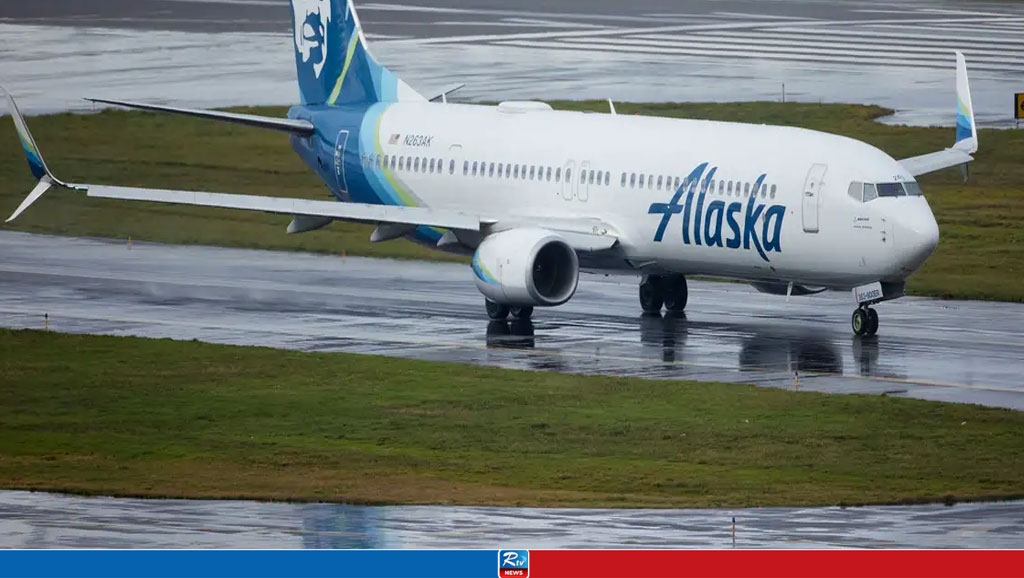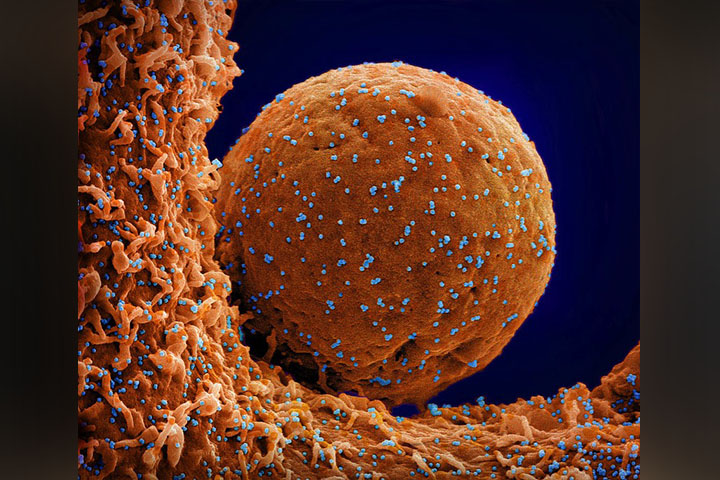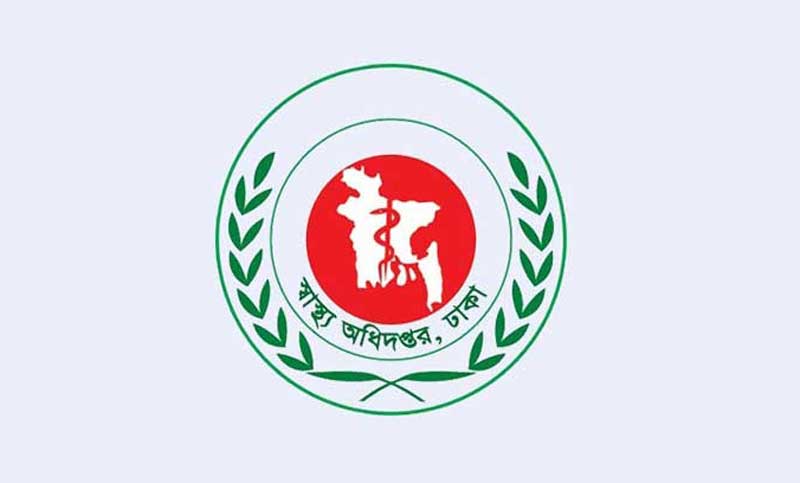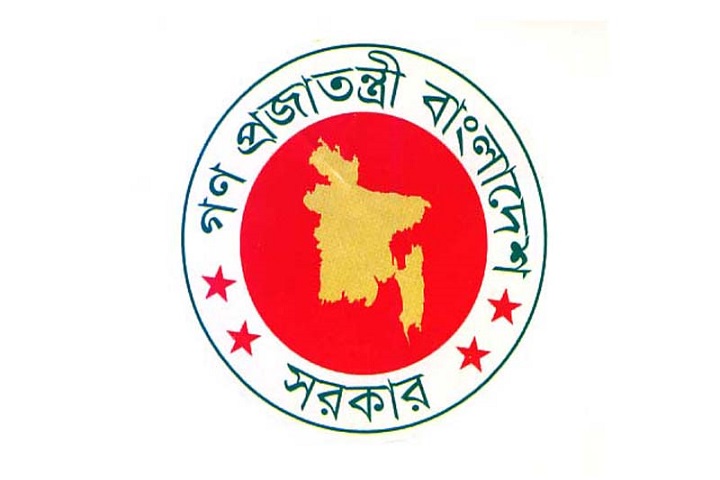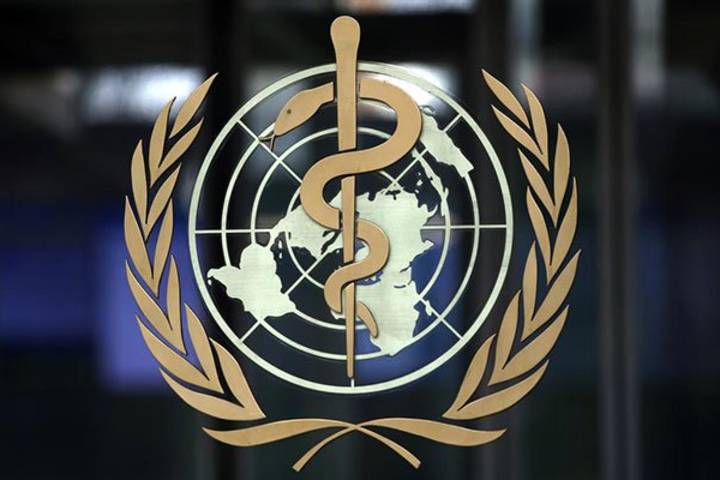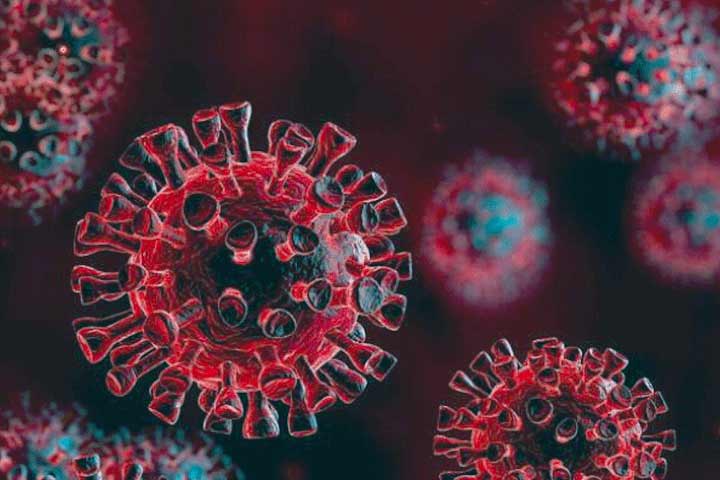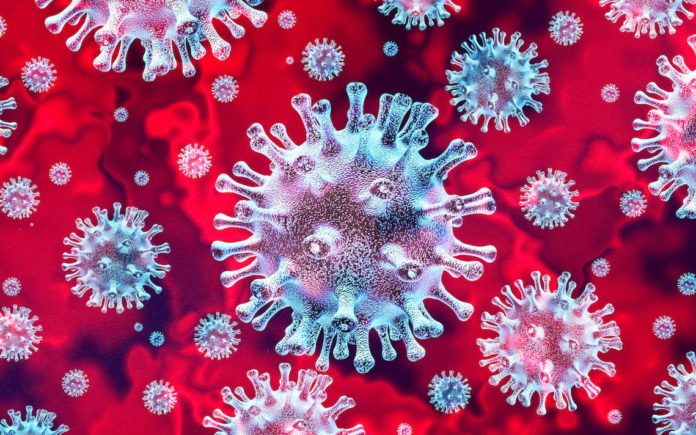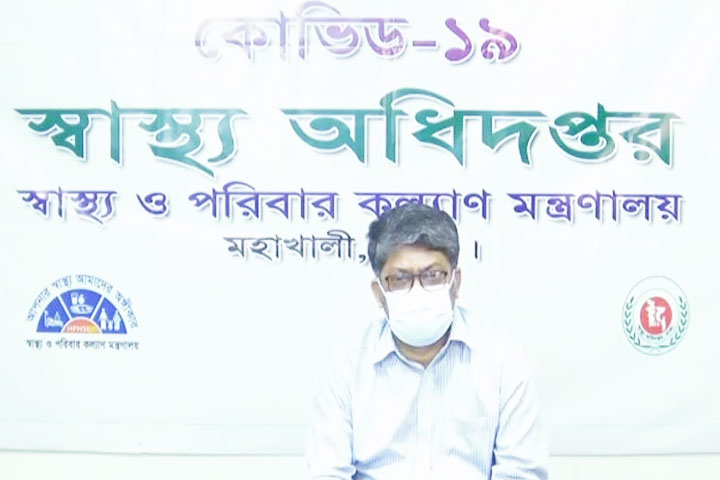
'We have good chance' : Shakib Al Hasan

Germany's Autobahn — finally time for a speed limit?

Turkey-Iraq ties: Renewed progress, but PKK issue remains

EU elections: What have lawmakers achieved since 2019?

Ministry prepared to open educational institutions

Solution is possible through discussion, not to war: PM

Truck falls into ditch in Sajek, 6 killed

Nearly 282 million people faced hunger in 2023: Report

Human Chain to protest attack on Journalists at FDC

Tennessee passes bill to let teachers carry guns at school

Why the US might put sanctions on an Israeli army battalion

Electric cars sales expected to rise to new record in 2024

Children in Bangladesh at extremely high risk from heatwave: UNICEF

Paper Rhyme vocalist Saad is no more

PM arrives in Bangkok on a six-day official visit

Slow internet, may suffer for a month

High Court wants Rohingya voter list

Sonia to receive PNS-Bipasha Guhathakurata award

BCB announces preliminary squad for Zimbabwe T20s

 Live Tv
Live Tv
